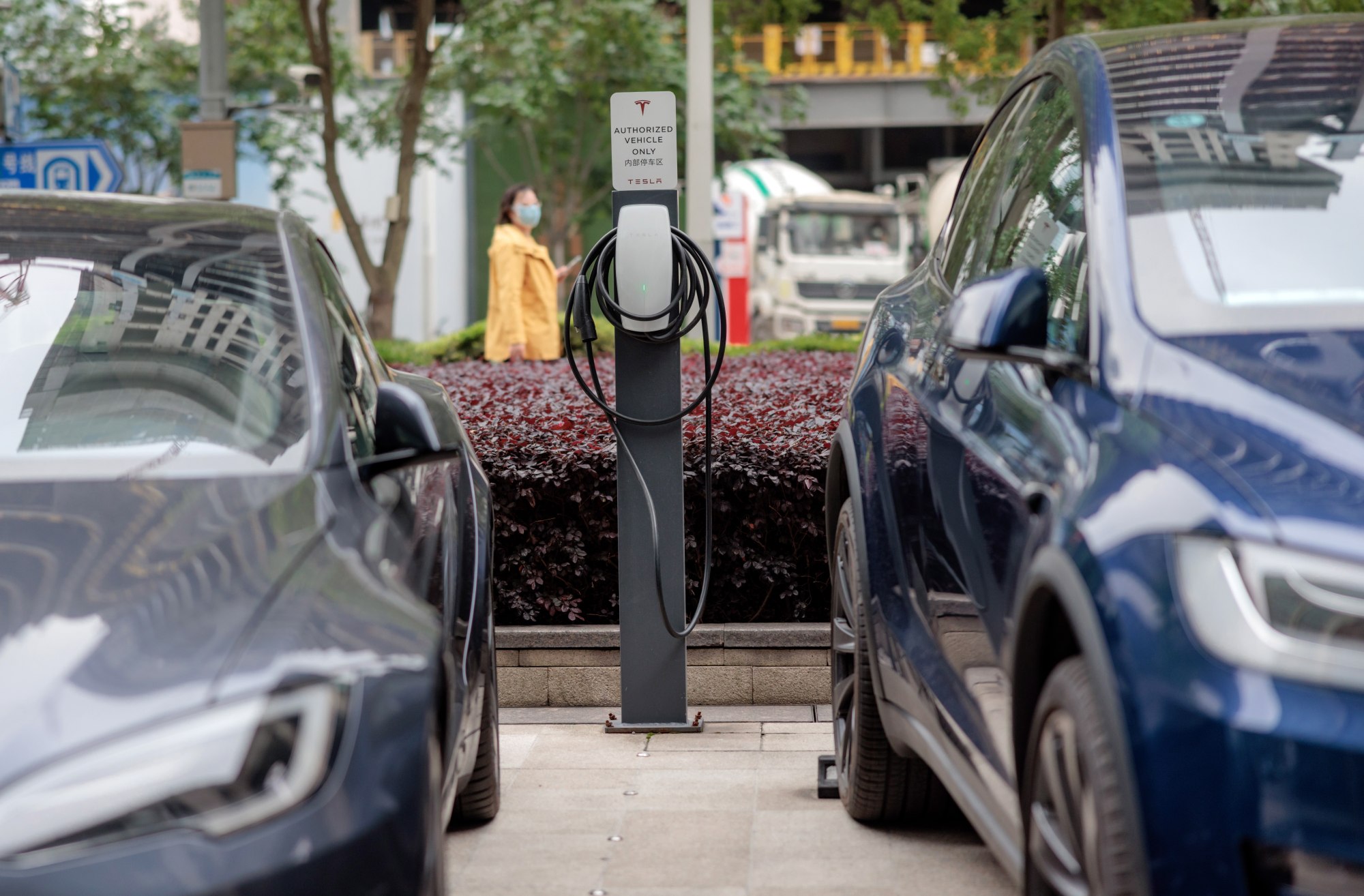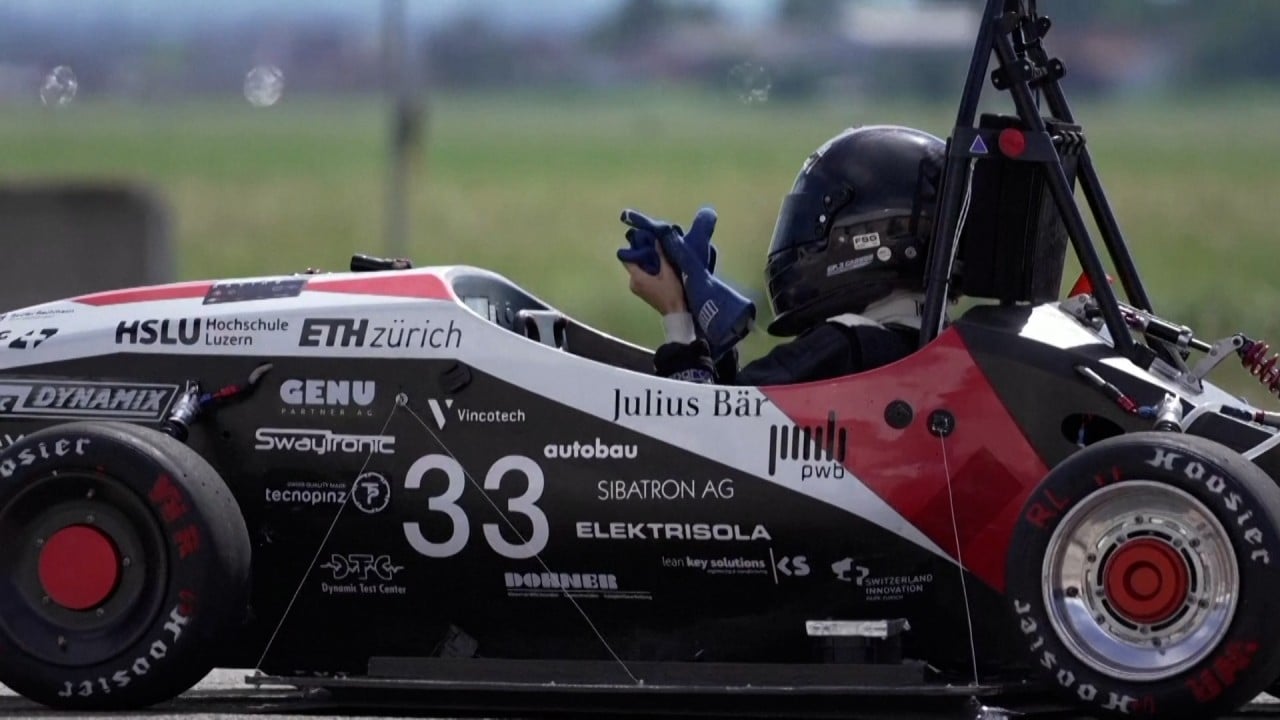Environmental group Greenpeace East Asia released on Thursday its latest ranking of the environmental performance of the world’s 15 largest traditional carmakers, based on their phase-out of fossil fuel vehicles in favour of EVs, their supply chain decarbonisation, and their resource reduction and efficiency.

“Automakers must audit and disclose the carbon footprint of their materials, commit to the purchase of low-carbon steel, set steel carbon reduction targets, produce fewer SUVs, and invest in the development of zero-carbon steel,” Greenpeace recommended in the report.
They must also invest in battery reuse and recycling, as well as ensure a just transition for auto industry workers, the group said.
SAIC, Changan, and Great Wall had not issued comments on the report by the time of publication.
Beijing should provide subsidies focusing on green steel for the auto industry, which would both support the development of China’s green steel sector and help reduce vehicle production costs, according to Bonnie Zuo and Lauren Huleatt, analysts at Transition Asia.
“We would love to see more partnerships between Chinese steel companies and Chinese automakers the way that we have elsewhere in the world that secures green steel production and buying to show market viability,” Huleatt said.
Together, the 15 largest traditional carmakers sold 3.3 million ZEVs in 2022, compared with 55.5 million vehicles powered by combustion engines, according to Greenpeace.
“Despite rapid growth in EV sales, a staggering 94 per cent of cars sold last year by the world’s biggest traditional automakers were powered by fossil fuels,” said Ada Kong, deputy programme director at Greenpeace East Asia.
Among the traditional carmakers, some are much further along in phasing out fossil-fuel vehicles. German companies Mercedes-Benz and BMW took the top two spots in Greenpeace’s overall rankings, with ZEV percentages of 7 per cent and 10 per cent, respectively. Japanese carmakers Suzuki and Toyota ranked near the bottom; only 0.2 per cent of Toyota’s sales were ZEVs, while Suzuki sold zero EVs in 2022, according to the report.
Huawei’s EV brand hits jackpot with new SUV, will compensate buyers for delays
Huawei’s EV brand hits jackpot with new SUV, will compensate buyers for delays
“Leading automakers need to accelerate the shift away from fossil fuels, rather than boasting about their minimal EV sales share,” Kong said.
Greenpeace urged carmakers to adopt ambitious transition strategies worldwide. Carmakers should end the sale of combustion-powered vehicles in Europe by 2028 and in the US, China, Korea, and Japan before 2030, according to the group.


